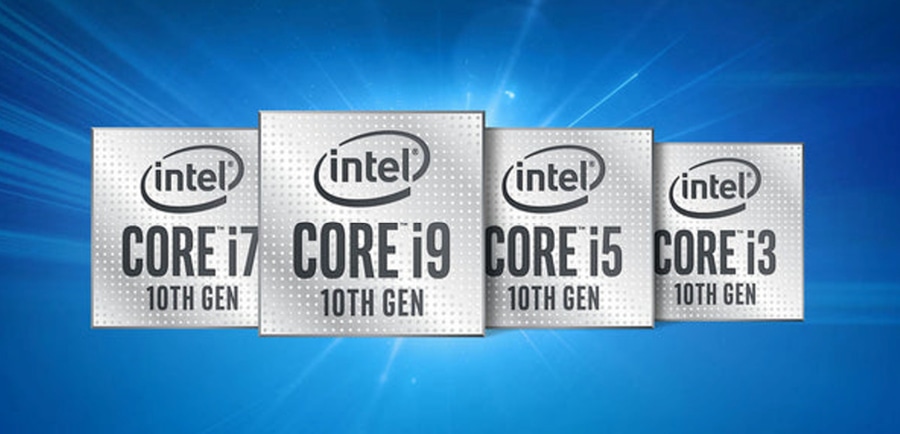
#Industry News
Intel Xeon vs. Intel Core CPU
The Intel Xeon processor is arguably one of the best CPUs on the market for workstations or server computers.
Intel Xeon vs. Intel Core CPU
The Intel Xeon processor is arguably one of the best CPUs on the market for workstations or server computers. When buying or installing a workstation or rugged server, Intel Xeon and Intel Core CPUs are often compared to which one to use for high-performance computers. In short, Xeon CPUs can reliably run data-intensive applications 24/7, which is great for high-end rugged servers and computers. Intel Core CPUs are cost-effective processors with high clock speeds, a good balance for mid-to-high-end rugged computers.
What is an Intel Xeon Server CPU?
The Intel Xeon processor was first developed and released by Intel in 1998. Xeon processors are designed for high-power systems such as ruggedized servers, industrial-grade workstations, and military computers. The Intel Xeon series comes at a high cost and provides superior performance for businesses. Intel Xeon processors are highly reliable when deployed in harsh environments with mission-critical applications. In addition, the Xeon server can run data-intensive applications for a long time thanks to its rich features such as high core count, ECC RAM support, power efficiency, and more. There are currently four processors in the Intel Xeon family: Xeon E, Xeon D, Xeon W, and Xeon Scalable, each with dedicated capabilities to handle a variety of workloads.
Different Types of Intel Xeon CPUs
Xeon E: Dedicated to entry-level servers and workstations
Xeon D: Dedicated to microservers
Xeon W: Dedicated to powerful, rugged servers and workstations
Xeon Scalable Processors: Divided into different grades, bronze, silver, gold, and platinum for the highest grade. Xeon Scalable processors power high-end rugged servers and workstations with other features and price points.
When Should You Consider Getting Intel Xeon Server Processors?
Despite the high prices, Xeon processors may be worth it for mission-critical applications, where businesses can save hundreds of thousands or even millions by eliminating the risks of downtime. Xeon processors are not only more reliable and durable, but they also support rich features that take overall performance and scalability to the next level. In addition, Xeon processors can support data-intensive applications such as machine learning and even offer virtualization support. Xeon processors provide full-chain virtualization support that allows virtualization of server workloads.
What is an Intel Core processor?
Intel Core CPUs have become a household brand for personal desktops, laptops, gaming PCs, and even workstations. Introduced in mid-2006, Core CPUs are designed and built mainly for mid-range computers. However, the Core series has been developed in recent years to provide a broader customer base, from low-end, budget PCs to compute-intensive gaming PCs and powerful, rugged workstations. Intel Core CPUs are known for their fast clock speeds, overclocking capabilities, built-in graphics, and more affordable prices. The Intel Core series consists of i3, i5, i7, i9, and Core X Series for high-end models.
Different Types of Intel Core Processors
Core i3: Economical CPU with basic features
Core i5: Mid-range CPU for normal office use
Core i7: Powerful CPU with more computing power
Core i9: High-end multi-core CPUs that can handle demanding workloads
Core X Series: Top-of-the-line multi-core processors with higher specifications than Core i9 CPUs
When Should You Consider Getting Intel Core CPUs?
For low- and mid-tier applications that are not mission-critical, Core CPUs are a much better choice, offering better single-core performance and costing less than most Xeon processors. Intel Core i3 and i5 CPUs are great for web browsing, music and video streaming, faster startup speed, and even 4K graphics support; Core i7 and i9 CPUs are good for more intensive software that relies on single-core calculations, and they even beat out some Xeon CPUs for single-threaded applications like Revit and AutoCAD.




